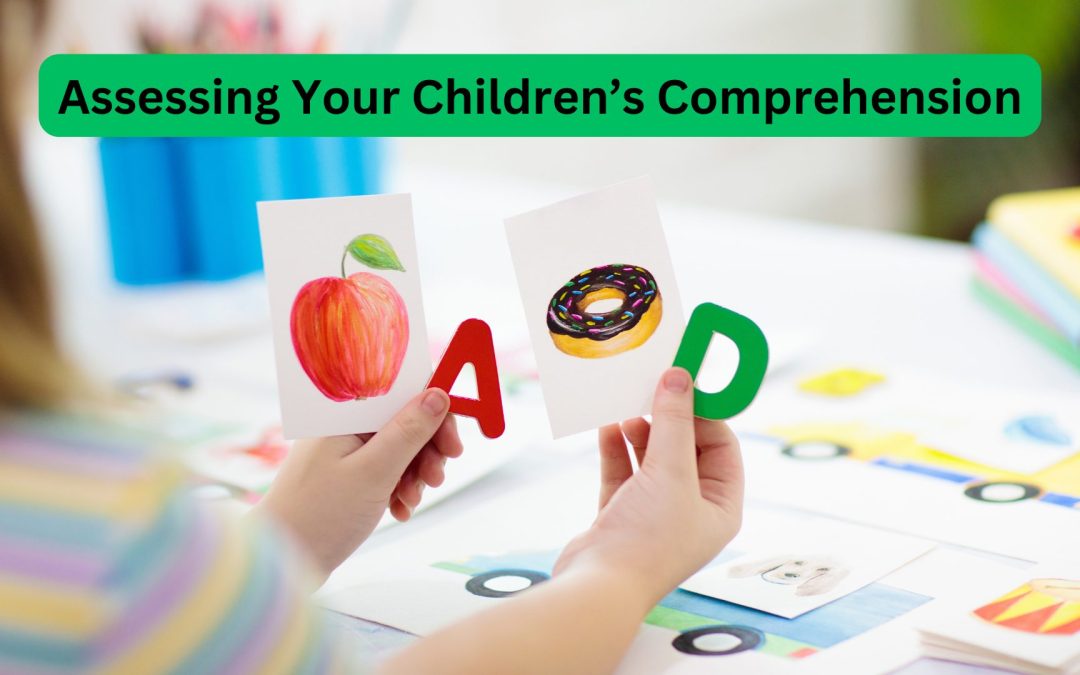It can be difficult sometimes gauging how your children are doing in school. They can get good grades and seem to be paying attention in classes, but are they retaining the information they are being taught? It can be easy enough to get distracted or simply learn the information to ace a test, then quickly forget what they just learned.
Tests and More Tests
More often than not, most schools go through rigorous amounts of testing to get an accurate figure of how teachers are doing. This translates into how well the teachers are performing in terms of retention of information, as well as allocations of funds. But tests can sometimes be misleading, and may not highlight how well a student is doing overall. Such as the case of a child who retains information learned in school to take a test, but then may easily forget the information once the test or semester is done. Or the student who has studied and is prepared academically for a test, but may get nervous during the test itself (especially tests like the ACT or SAT), and may not test very high.
How Else to Test
One way to look at your child’s education is through assessments. These are a type of test, if you will, in that they can provide a good idea of your child’s innate learning as well as what they are learning on the spot throughout the school year. Assessments can combine real-world problems within their testing, giving them a better, more relatable equation to solve. We all joke about the old test questions about trains traveling at different speeds and when they will intercept, and the same can go for current testing today. Kids have a harder time applying what they learn in school to the real world, and giving them an easier way to relate can lead to better comprehension down the road.
Assessments
Giving your children authentic assessments revolves around it being more hands on, and centered around more real-world knowledge than basic equations to solve. It is similar to the trains traveling at different speeds but is much more relatable to the world around them. Children will still use critical thinking and will rely partially on prior knowledge and life skills, but will also rely on new information they are learning in school.
If you homeschool your children, this is a great way to incorporate testing without making it boring or stressful. It will also be a more accurate method of ensuring your kids are learning and retaining information well.
Katie Kyzivat

